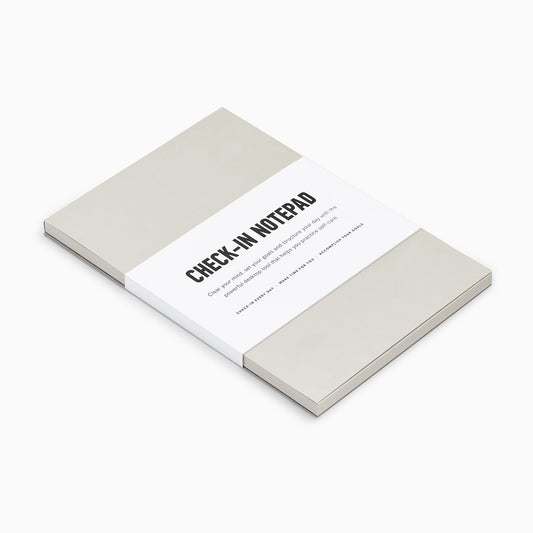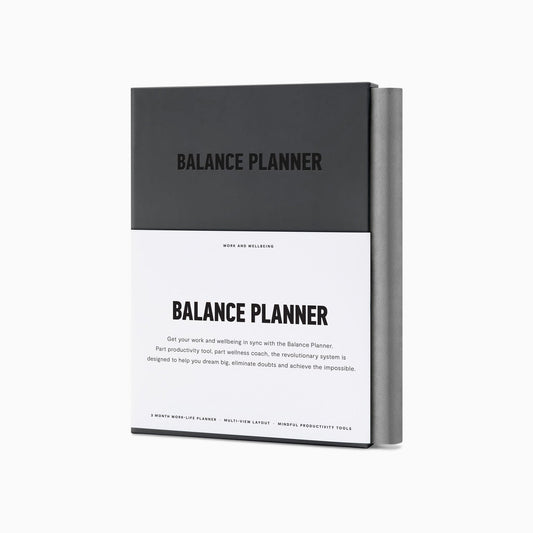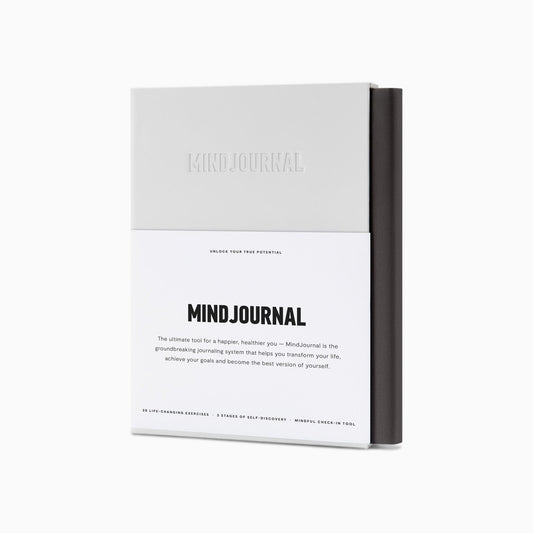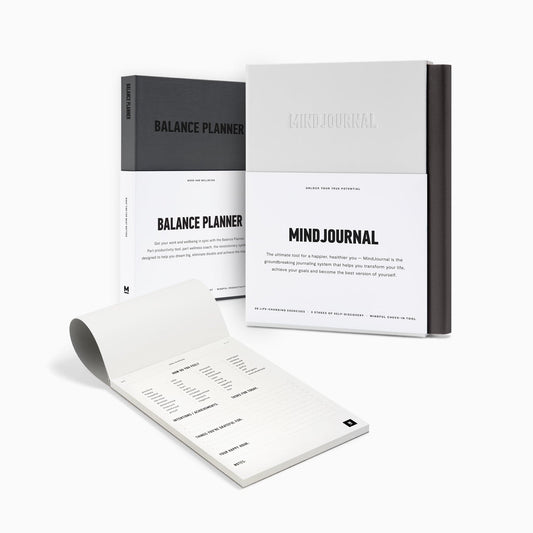Start your journey
Browse our bestsellers for a better you.
Frequently added:




by Professor Karen Pine – 2 min read

Although people have written journals for centuries, therapeutic writing was put under the microscope in the late 1980’s by psychologist James Pennebaker.
He found that people who were asked to write down their deepest thoughts and feelings handled past traumas and emotional stress significantly better. The potent mechanism wasn’t actually the words that landed on the page. It was the act of expressing the feelings, getting them out of the mind and into an external space.
Why is this different from talking to a therapist? Some people fear being judged or find it hard to talk about their feelings. This is common in men who have been brought up to hide their feelings or come from families where emotions weren’t discussed. Research also suggests that writing may use parts of the brain not involved in talking and be more accessible to men who struggle to talk about their feelings.
Since Pennebaker, there have been over 200 scientific studies that confirm the benefits of therapeutic writing. Some have suggested that writing actually boosts the immune system. Since suppressing emotional turmoil takes effort, over time this stresses the body and can damage physical health. The short-term relief is a decrease in negative mood, distress and physical symptoms and an uplift in positive mood. Longer-term these benefits extend to physical and mental health improvements. As a psychologist, I believe this is one of the most accessible private methods for an individual who is looking for a way to help themselves feel better.
It's good to talk. But what if you can't find the words?
Just imagine feeling more focused, energised and emotionally stronger to win the day. That jumbled mess of thoughts, feelings, and intentions will be quiet. Allowing you to feel calmer and more confident.
You already have all the answers to the toughest questions that you’re too afraid to ask. Journaling will teach you to face those questions, and begin the journey to finding your own solutions to them.
